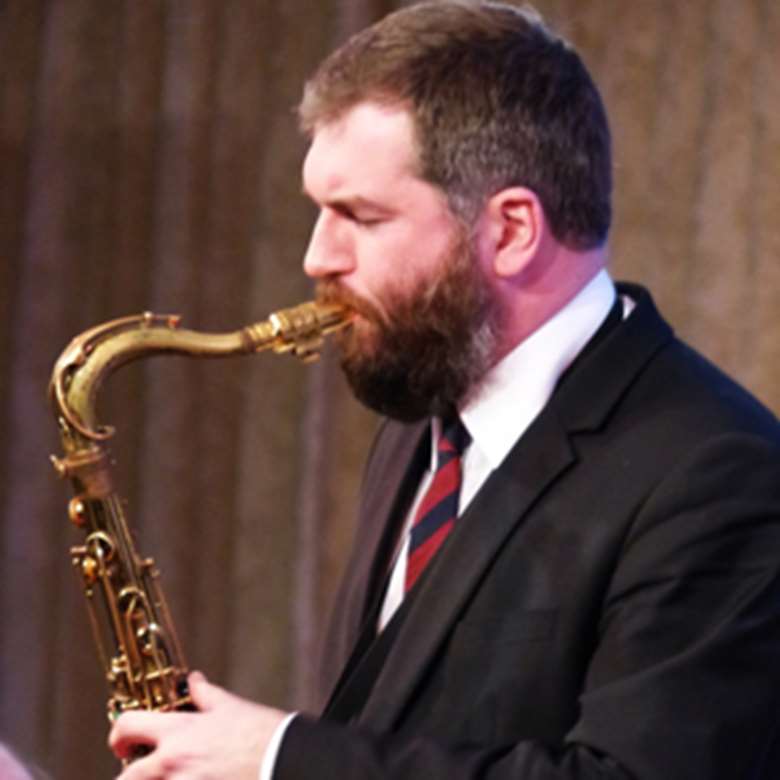Simon Spillett setting the Standard at Lauderdale House
Monday, June 2, 2014
You can’t fault tenor-saxophonist Simon Spillett for his dedication to the music.

He creates bands, employs the finest musicians and regularly turns in performances that stand comparison with the best of British modern jazz. What’s more, he’s an able historian with a biography of Tubby Hayes in the offing. He also took the late Tubby as his musical exemplar ages ago, absorbed the best of Hank Mobley and Sonny Stitt along the way, and now pours his apparently unquenchable energies into a new quintet, known as Standard Miles.
With Highgate’s congenial Lauderdale House as their backdrop and with an audience avid for it all, Spillett’s fellow luminaries included trumpeter Henry Lowther, pianist John Critchinson, bassist Dave Green and drummer Trevor Tomkins, every man in commanding form. Their intention was to take a celebratory canter through pieces associated with Davis, concentrating on, as the band name implies, show songs and familiar originals with a Davis association, re-casting each in their own distinctive fashion and my, how well they succeeded.
The opening trumpet exposition on ‘Stella by Starlight’ set the tone, every note a gem, their placements punctuated by sudden flurries and quicksilver darts, this emphasising just how valuable a player Lowther is, before Spillett’s tenor burst in, bleary-eyed yet urgent, Tomkins’ cymbal beat as springy as could be as Critch turned the harmonies around. Then came ‘If I Were A Bell’, HL Harmon-muted and anchored tight in to the mike, Spillett pillaging the harmonies as the rhythm section grooved. Lowther then took Harry Warren’s seldom-heard ‘Summer Night’ for an ambulatory jaunt, solo with the trio, those characteristically plaintive long notes again earning a collective sigh of appreciation. ‘Seven Steps to Heaven’ always works, Green handling the bass ostinato and Tomkins soloing at length, without bombast or meaningless clatter, before the first-half highlight, ‘No Blues’ which roared and soared like the proverbial runaway train, Tomkins varying accents to suit every situation. Marvellous.
How better to start the second half than with ‘Green Dolphin Street’, with Critch wrenching new meaning from those familiar chords, as Spillett and Lowther shared the solo space. Critch’s trio version of ‘Baby Won’t You Please Come Home’ used Victor Feldman’s voicings, a feat that he seemed to imply might be akin to climbing Mount Everest in plimsolls but which nonetheless, he turned into a triumph. Naturally enough, ‘My Funny Valentine’ had to come before ‘Bye Bye Blackbird’, signalled the concert’s end, the audience rapturous and rightly so.
Rest assured, dear reader, this was music of considerable worth performed with evident enthusiasm by all, the collective cap doffed to the late Prince of Darkness quickly discarded as the quintet found suitable headgear of their own. Final thought: why does music of this quality, hard-swinging and intensely creative, utilising players who combine exceptional experience with a well-spring of rewarding ideas never make it onto the short list for the APPJAG Awards?
– Peter Vacher